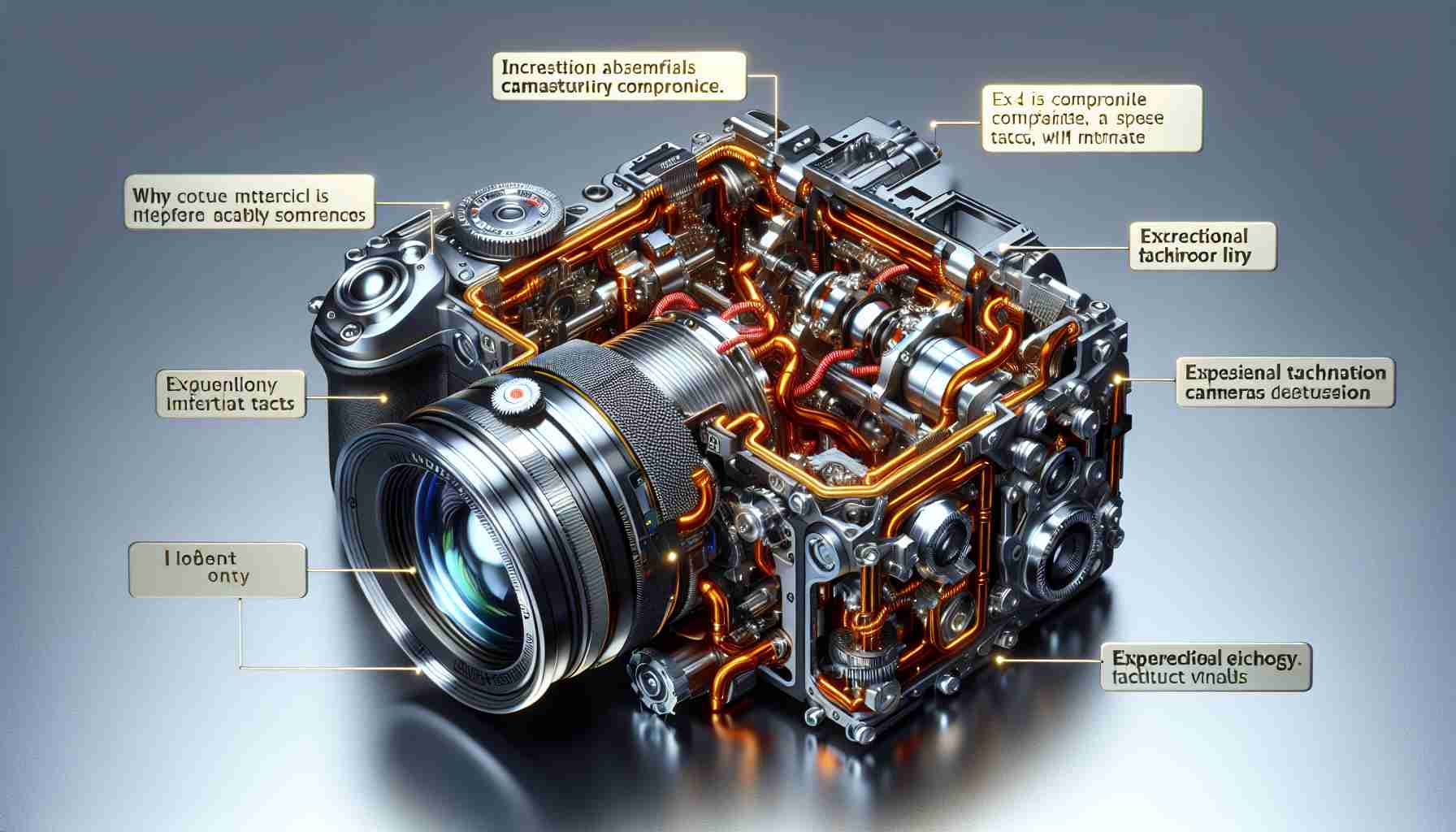In an unexpected move, AMD has introduced an intriguing concept to the gaming and technology markets: “AMD Bourse.” This new initiative aims to leverage blockchain technology to create a decentralised marketplace specifically for gaming assets and hardware components. The ambitious project seeks to address common issues plaguing gamers, such as scalping, counterfeit products, and lack of transparency.
What is AMD Bourse?
Imagine an online platform, much like a stock exchange, but solely dedicated to gamers and hardware enthusiasts. The AMD Bourse plans to allow users to trade graphics cards, CPUs, and other gaming gear. By using blockchain for secure and verifiable transactions, the platform intends to minimise fraudulent activities that have been troubling the market.
How Does It Benefit Gamers?
For gamers, it means greater protection and the potential for better prices. Due to its decentralised nature, users can trade directly with each other, bypassing traditional retail or reseller markups. Each transaction’s transparency ensures authenticity, making it harder for counterfeit items to permeate the market.
The Future of Gaming Commerce
This innovative approach could reshape the landscape of gaming commerce, offering a more equitable arena for gamers and enthusiasts alike. By integrating tech-savvy solutions, AMD continues to push the envelope in not only developing cutting-edge hardware but also in the ways gamers interact with the market. As this initiative gains traction, it highlights a future where technology and transparency go hand in hand, promising exciting prospects for the gaming community globally.
Could AMD Bourse Revolutionise the Tech Market?
The advent of AMD’s new initiative, AMD Bourse, could herald a transformation in how technology enthusiasts and gamers engage with the market, potentially influencing global economic patterns.
Economic Implications and Community Impact
By eliminating middlemen, AMD Bourse could democratise access to gaming hardware, potentially levelling economic playing fields across regions. It raises an important question: Could this shift empower smaller markets and bring new opportunities to underrepresented areas? If barriers such as shipping costs and regional availability can be addressed, communities previously marginalised in tech markets could see a surge in participation. The decentralisation aspect also suggests the potential stabilisation of product prices by reducing the artificial inflation often seen with limited-release items.
Advantages: A Closer Look
Besides cost benefits, direct-peer transactions could foster a sense of community. Gamers might forge new connections and collaboration opportunities, leveraging their mutual passion while eliminating the fear of counterfeits. Transparency, a core principle of the blockchain, adds a layer of trust and authenticity to each transaction, building consumer confidence in the marketplace.
The Hidden Drawbacks
However, the path to adoption isn’t without hurdles. Blockchain technology, while promising, remains complex for average users, potentially narrowing accessibility. Furthermore, the ecological footprint of blockchain remains a concern. As blockchain grows, its environmental impact continues to be debated. Could this undermine the very advantages it seeks to bring?
To stay updated on innovation in technology and blockchain, visit CoinDesk or explore gaming trends at IGN to see how such initiatives develop further.




















